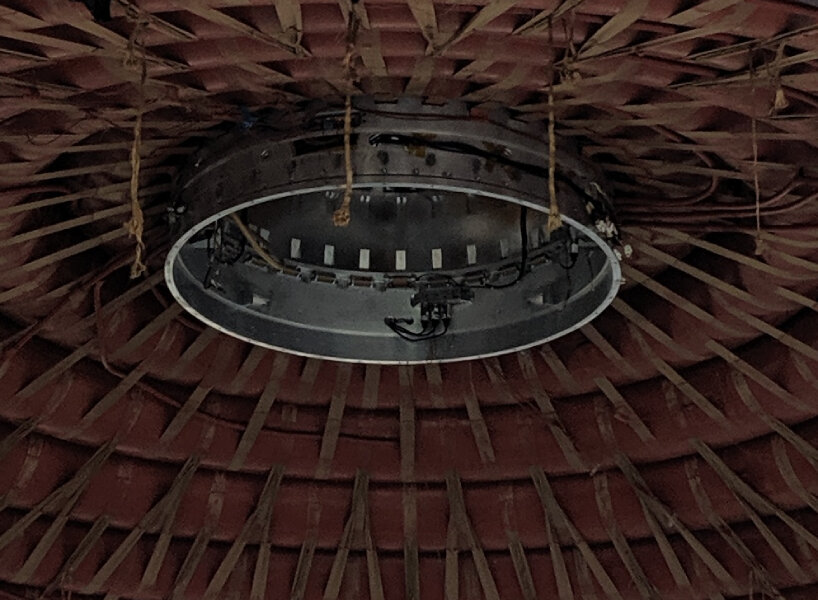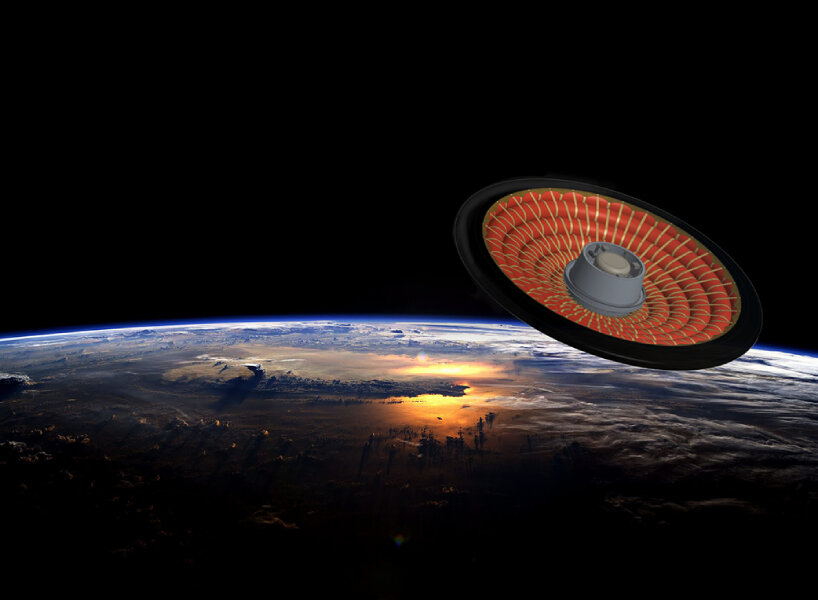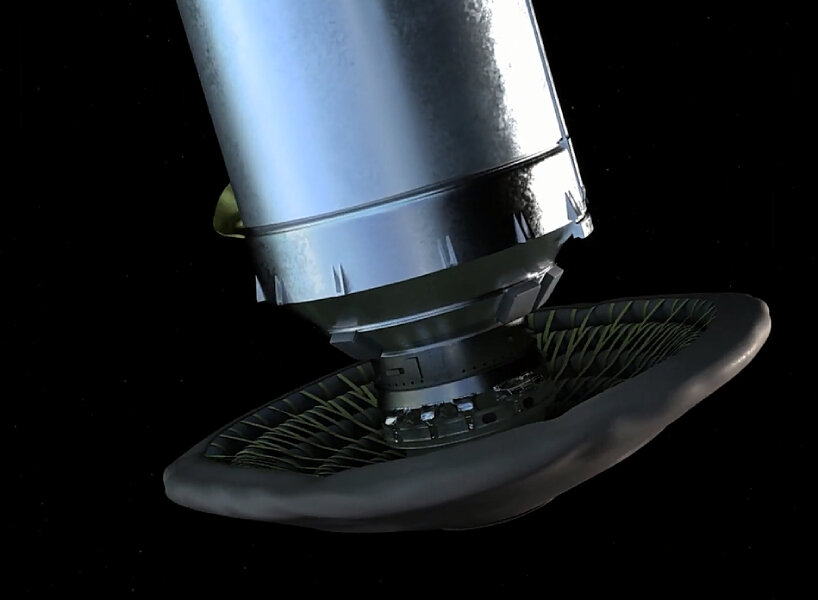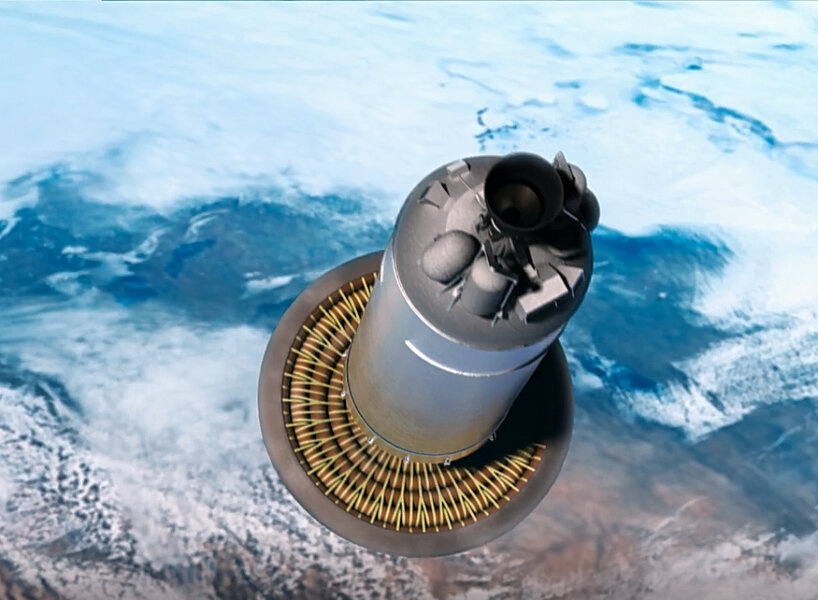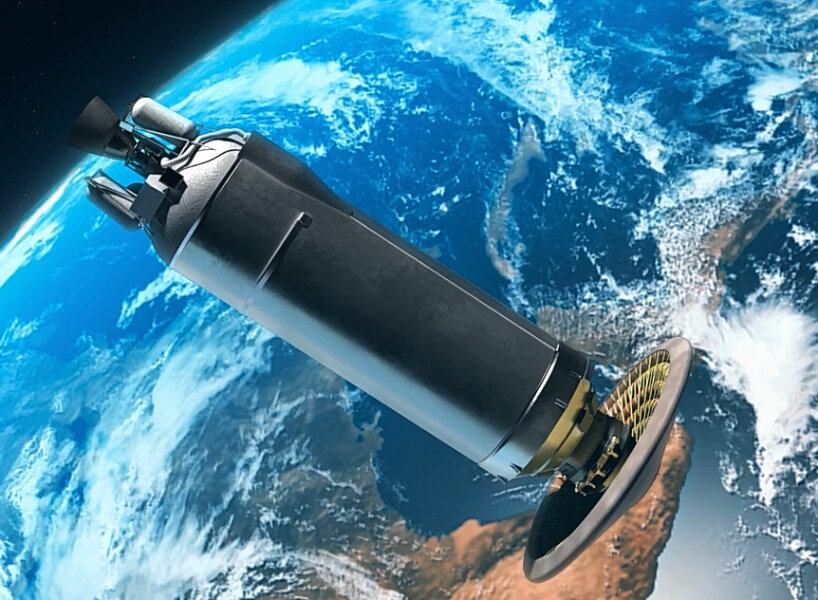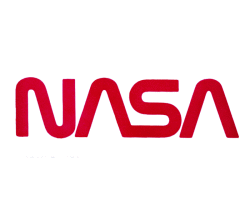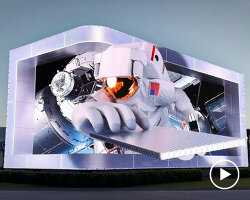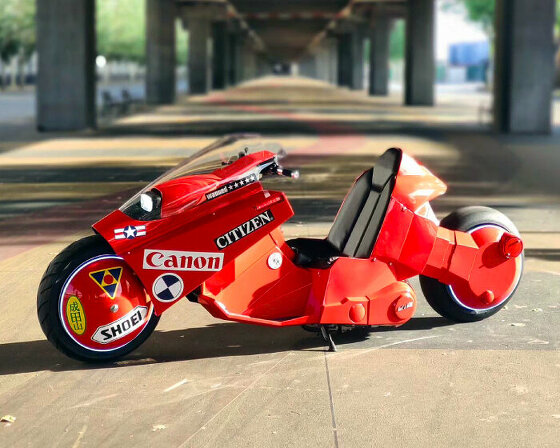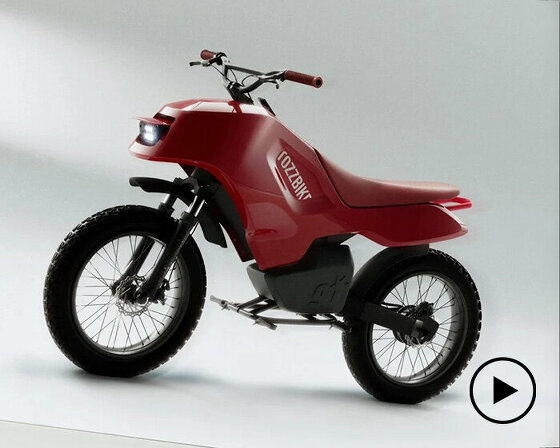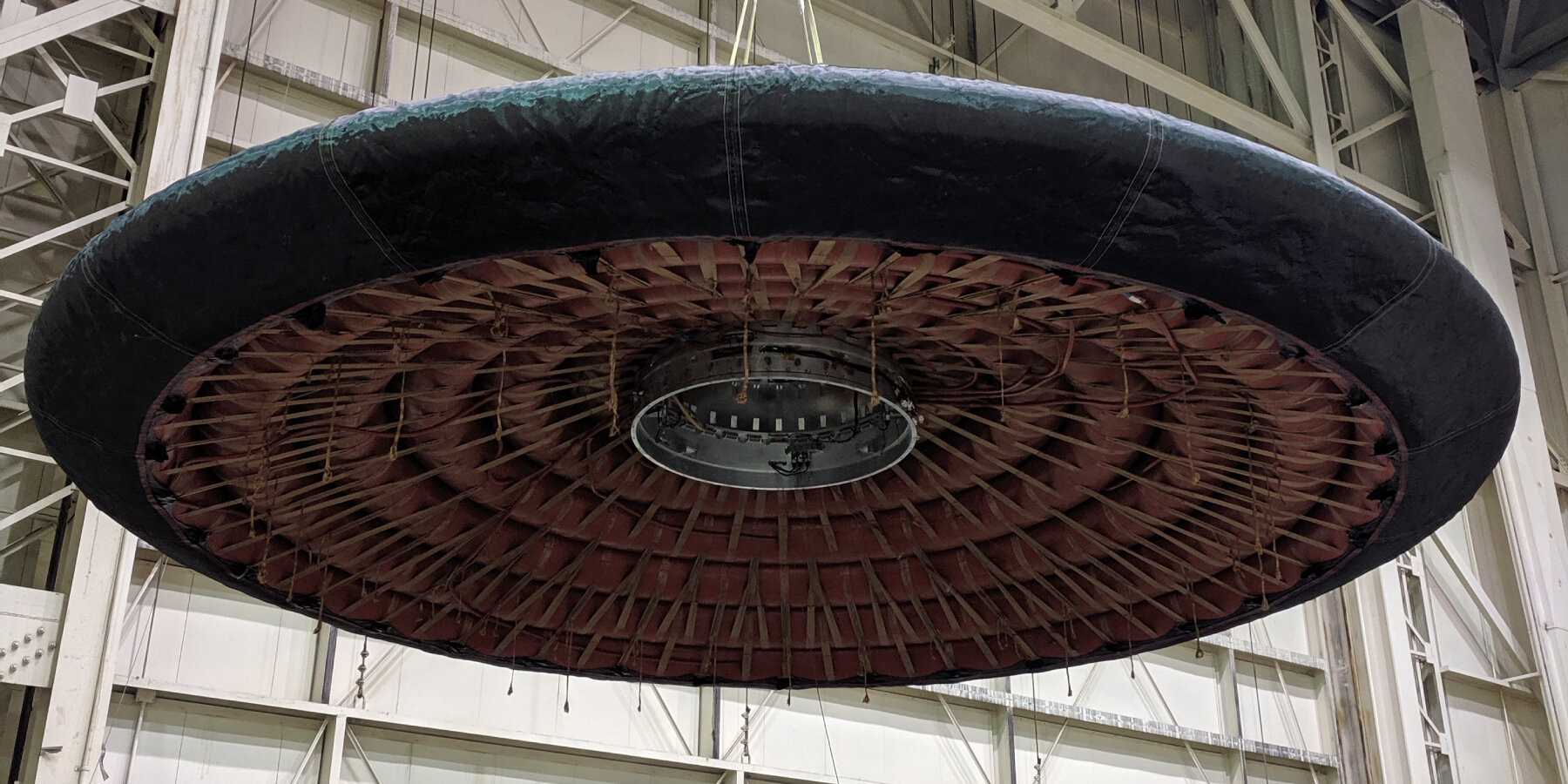
Low-Earth Orbit Flight Test of an Inflatable Decelerator (LOFTID) by NASA
KEEP UP WITH OUR DAILY AND WEEKLY NEWSLETTERS
PRODUCT LIBRARY
creative studio bel&bel is ready to work on commission for selected riders who wish to own their rendition of shotaro kaneda’s akira bike.
connections: +440
mansory looks into the future of vehicles by hinting at a flying supercar named 'empower'.
connections: +530
plans have been announced to move forward with +POOL, new york city's floating swimming pool of filtered east river water.
connections: +680
TOZZ brings the 90's vibe to the streets with a signature pop-up headlight, boombox, and dirt bike-inspired design.
connections: +320
